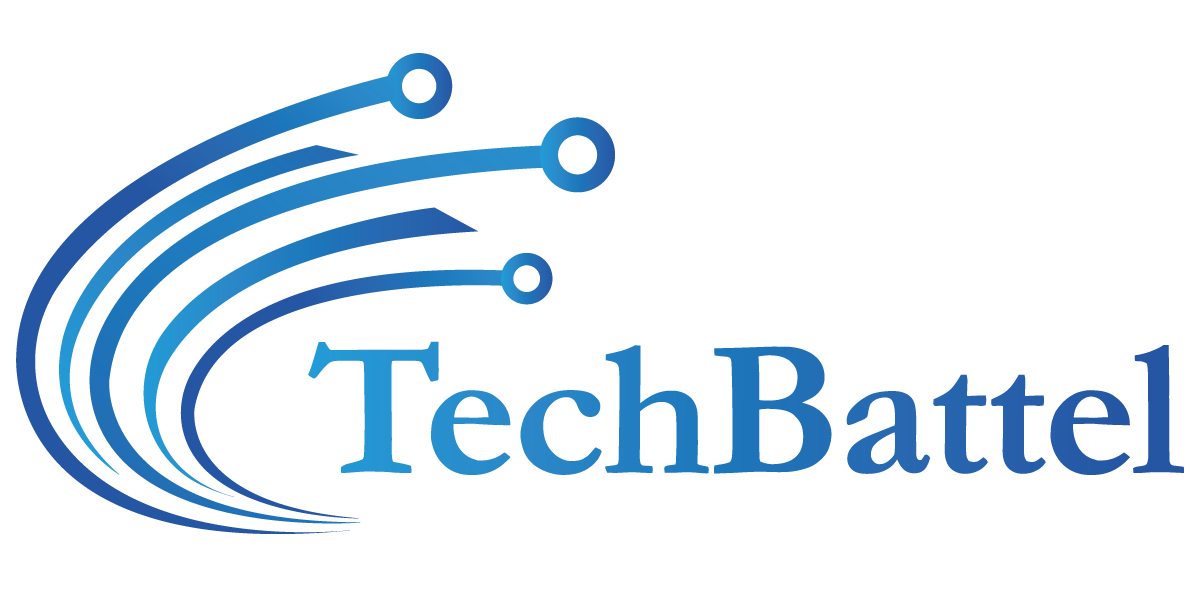1. Introduction
Medical expenses can be overwhelming, often pushing individuals to the brink of financial instability. In such cases, understanding bankruptcy laws becomes crucial. This article explores the intersection of bankruptcy laws and medical debt, providing insights, case studies, and practical advice for those facing these challenges.
2. Understanding Bankruptcy Laws
Bankruptcy is a legal process that provides individuals and businesses a fresh start by eliminating or restructuring debts. Two primary chapters of the U.S. Bankruptcy Code, Chapter 7 and Chapter 13, are commonly employed in cases of financial distress.
3. The Impact of Medical Debt
Medical debt is a leading cause of bankruptcy filings in the United States. Unforeseen health issues can result in excessive bills, leading individuals to consider bankruptcy a viable solution. Understanding the specific challenges posed by medical debt is essential for making informed decisions.
4. Filing for Bankruptcy Due to Medical Bills
Chapter 7 Bankruptcy
Chapter 7, often called “liquidation bankruptcy,” allows individuals to discharge most unsecured debts. Medical bills fall into this category, relieving those drowning in medical debt. The process is relatively swift, typically lasting a few months.
Chapter 13 Bankruptcy
Chapter 13 bankruptcy involves a repayment plan, allowing individuals to retain their assets while restructuring and repaying debts over three to five years. This option suits those with a regular income who wish to retain valuable assets.
5. The Role of Exemptions
Bankruptcy exemptions are crucial in determining what assets individuals can keep during bankruptcy proceedings. Understanding these exemptions is vital for safeguarding assets and ensuring a smoother financial recovery.
6. Alternatives to Bankruptcy
Before opting for bankruptcy, exploring alternative options is prudent. Negotiating with healthcare providers, setting up payment plans, or seeking financial assistance programs can be viable alternatives to bankruptcy.
7. How Bankruptcy Affects Your Credit:
While bankruptcy can relieve overwhelming debt, it also has significant implications for one’s credit score. Understanding the long-term effects on creditworthiness is crucial for strategic financial recovery planning.
8. Legal Considerations and Best Practices
Navigating the complex legal landscape of bankruptcy requires careful consideration of various factors. Seeking professional advice, understanding the legal requirements, and adhering to best practices can significantly impact the success of a bankruptcy case.
9. Case Studies: Real-Life Examples
Examining real-life case studies provides valuable insights into how individuals successfully navigated bankruptcy due to medical bills. These stories serve as beacons of hope and inspiration for those facing similar challenges.
Conclusion: Charting a Path to Financial Recovery
Empowering Financial Recovery
Navigating bankruptcy for medical bills is undoubtedly challenging, but it is not the end. By understanding the intricacies of bankruptcy laws, exploring alternatives, and seeking professional guidance, individuals can chart a path to financial recovery and reclaim control over their lives.
Frequently Asked Questions (FAQs)
Q1: How does filing for bankruptcy affect my assets?
A1: The impact on assets depends on the type of bankruptcy filed. Chapter 7 may involve liquidating non-exempt assets, while Chapter 13 allows individuals to retain their assets through a structured repayment plan.
Q2: Can I file for bankruptcy without an attorney?
A2: While legally possible, navigating bankruptcy without an attorney is highly discouraged. The process is complex, and legal expertise ensures the best outcome for your unique situation.
Q3: What alternatives are there to bankruptcy for medical bills?
A3: Negotiating with healthcare providers, setting up payment plans, and exploring financial assistance programs are viable alternatives to bankruptcy.
Q4: How long does bankruptcy stay on my credit report?
A4: Chapter 7 bankruptcy remains on your credit report for ten years, while Chapter 13 stays for seven years. However, the impact on credit lessens over time, and proactive steps can be taken to rebuild credit.
Q5: Can medical debt be discharged in bankruptcy?
A5: Medical debt is considered unsecured and can be discharged in Chapter 7 and Chapter 13 bankruptcy.
In conclusion, navigating bankruptcy for medical bills requires a nuanced understanding of legal and financial considerations. By being informed and proactive, individuals can overcome the challenges of medical debt and embark on a journey towards economic recovery. For more information visit Techbattel.com

